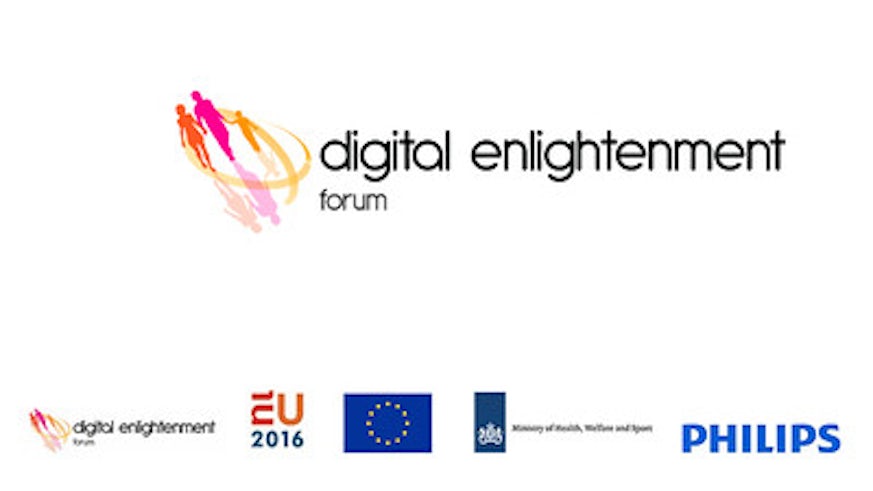Assessing public perceptions of data security
20 June 2016

Dr Dimitris Potoglou has recently returned from Amsterdam where he presented his work looking at the privacy of health records, part of a bigger pan-European study.
The Digital Enlightenment Forum Conference on trusted data management in health care examined the current situation, main obstacles and proposed policies and technology solutions to help develop trust in data management for patients and health care professionals.
Speaking about his work, Dimitris said: “Member States and states outside the EU have traditionally very different healthcare systems and it is clear there is no “one size fits all” system. At the same time, technical companies in the business of digital health care want to develop and market apps, data collection and interface tools, and data analysis systems for an international (or at least an EU) market.
“Current health system approaches form a spectrum, with on one side mass collection and control and single data access points, and on the other side data under control of patients being accessed and shared with health workers. They all have different risks and benefits with respect to security and respect for privacy of the data and the patients themselves. Clearly more work is needed to highlight the benefits to the individual and minimize the perception of privacy risks.”
This work was carried out with colleagues at RAND Europe as part of the PACT project for the European Commission’s 7th Framework Programme – Security.
RAND Europe is a not-for-profit research institute whose mission is to help improve policy and decision-making through research and analysis.
PACT (Public Perception of Security and Privacy: Assessing Knowledge, Collecting Evidence,Translating Research into Action) was a European Commission 7th Framework Programme (FP7) project. It was a 3-year collaborative project involving 11 project partners across the Europe. RAND Europe led the empirical work of PACT, which aimed to:
- assess existing knowledge about the relationship between security and privacy and the role played by trust and concern;
- collect empirical evidence through a pan-European survey on the public perception of the relation between privacy, fundamental rights, and security;
- analyse the main factors that affect public assessment of the security and privacy implications of given security intervention.
The paper 'Public preferences for electronic health data storage, access, and sharing – evidence from a pan-European survey' is available to view here.